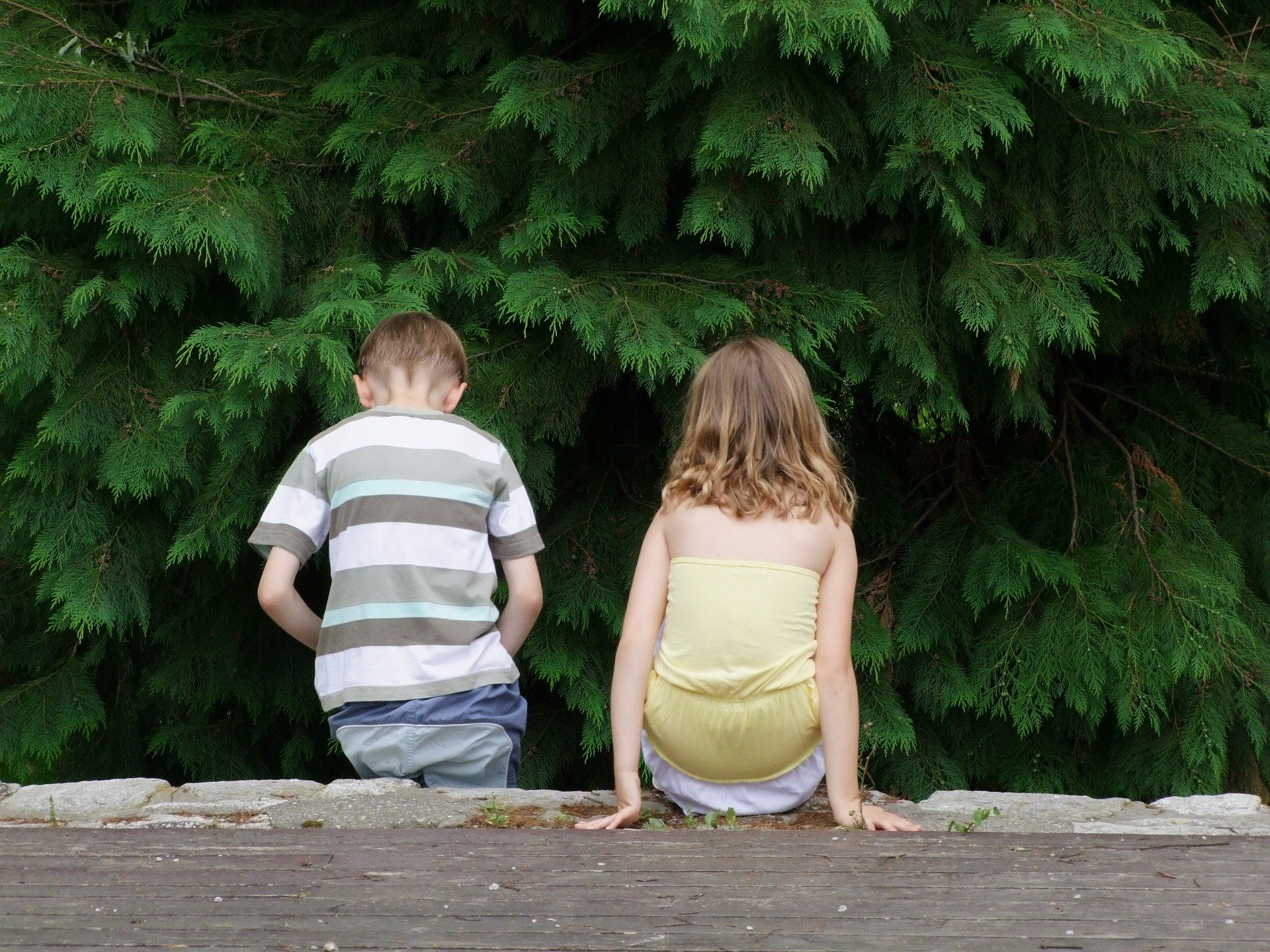On this week's 'Parenting' segment on the Moncrieff show, one listener sought advice on what to do about their daughter who copies everything her brother does, including dressing like him.
Joanna Fortune, a psychotherapist specialising in child and adult psychotherapy, offered some guidance.
Listener question
I have a four-year-old daughter and a five-year-old son. My daughter loves to copy what my son is doing and wearing.
She has a fit if she can't wear the exact same clothes as him, carry the same lunch box etc. I've had to cut her hair to be similar to his.
I'm wondering if I should allow this behaviour to continue, and if this is an expression of gender or if it's just tantrum-throwing?
Joanna Fortune's advice
"This is so interesting, because if you weren't going to allow this behaviour to continue, I would love to see how you would stop it. Four-year-olds can be very wilful and very certain about these things. It's also something at this stage that they want to make choices for themselves.
"At the same time as wanting it, they can also doubt their own choices so we often see with this age group, that they want to please and be like other children, and in this case a sibling. So it's actually a normal part of pre-school development. And don't forget your five-year-old, given the year we've had, has been central to her social world, he has been her peer and sibling, he's been the other child in her life.
"I think this is likely to change when she moves into school, has a broader social network, has more influences, more things to try out and emulate and copy. I think that's something you will see. But also our children's worlds got really small during the pandemic, so we have seen this intensity in sibling relationships, and children learn through mirroring, copying, at this age, that is actually how they learn about themselves.
"I suspect she really likes his energy, likes the way he plays, and moreover, the ego-centrism at this stage in development, she likes how she feels when she's around him, she likes the fun she's having. So she wants to be like him and that doesn't mean she wants to be him, they're different things.
 File photo. Credit: Pixabay
File photo. Credit: Pixabay"I wouldn't look at this through a gender lens, I don't think you have anything there to infer that you have a gender question or moreover that your daughter has a gender question. But just to emphasise that children at this age are more aware of gender. Typically we see that they begin to become aware of gender differences and gender similarities that they do want to adopt and play, 'I'll be the mom and you have to be the whatever'.
"One of the things you could do in a practical way, they're in the same age developmental category, you could involve them in some playful role play in a way that enables them to play with identity. 'This time let's switch roles, you'll be this and I'll be that and we'll try out another way of doing it'. You can do this in a way that invites identity exploration and expression not with any type of agenda in mind, because actually children love to play like that and they benefit from playing like that.
"That whole sense of self is still active and ongoing at this stage and that's what I think you're seeing here. I don't think you're seeing any more of that. With a four-year-old, and indeed a five-year-old, pick your battles. If all she wants to do is wear the same clothes as him and that's doable, do that, I wouldn't make that an argument."









